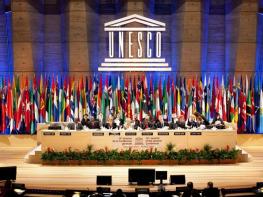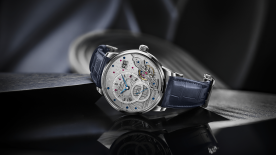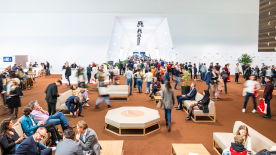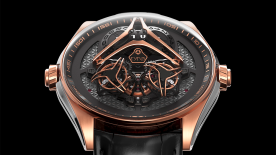Each year, UNESCO calls upon countries to submit a list of skills intended to enrich mankind’s cultural heritage. Each country submits its traditions, cultures or knowledge as it sees fit. UNESCO only approves one per year and per country. The next review will be in March 2015.
In 2014, Switzerland put its list forward. For the time being, this consists of eight entries, with watchmaking nestled between the désalpe (coming down from the mountain pastures with the herds) and yodelling. The announcement gave rise to a spate of heated media debate. The main movers and shakers in watchmaking have put forward certain arguments, but have so far almost always avoided committing themselves openly. A sensitive issue? Maybe. But from a more nuanced perspective, many players are multi-cultural, including South African groups, French luxury goods companies, German or English watchmakers, alongside know-how that is effectively Swiss. It is indeed difficult, under these circumstances, to make a clear, impartial decision.
Those who are for: recognising expertise that is unique in the world
Various people have adopted their own point of view, albeit often in a fairly improvised way, because although the news made headlines, the effect only lasted for a day or two at the end of October. You had to catch onto the subject quickly and form your own opinion as far as possible.
Initial reactions were enthusiastic and encouraging. UNESCO is officially giving its blessing to Swiss expertise which is unparalleled in the world. “One of UNESCO’s aims is to highlight science and culture. What sector embodies these values more than watchmaking?” asks Jean-Marie Schaller, CEO of Louis Moinet. “You can say what you like, but the Poinçon de Genève can only be obtained in Geneva!” adds an independent brand. There are therefore ample grounds to recognise the arts and techniques specifically developed in this canton, in this very town, and to raise them to the status of an exclusively Swiss watchmaking art.
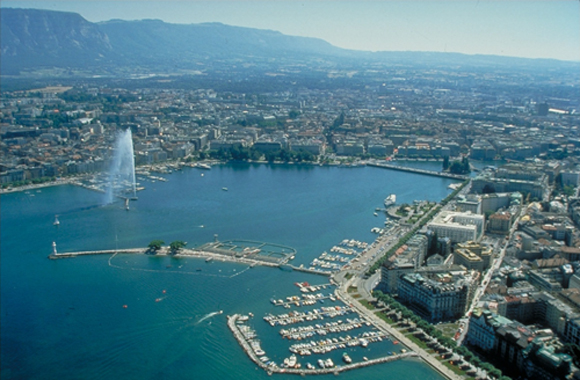
Others see this effort as being a secondary manifestation of Swiss Made. An identity crisis? Maybe, because if UNESCO makes Swiss watchmaking part of its world heritage, this move will change… precisely nothing. It is a purely honorary title. One can nonetheless be certain that supporters of a reinforced version of Swiss Made would use this new argument to better secure the status of precious Swiss expertise.
Finally, the market value of a title like this must be addressed. Could UNESCO prove the finest ambassador of Swiss watchmaking? Such is of course not the organisation’s key role. On the other hand, if it approves the Swiss proposal, would the UN, UNESCO’s parent organisation, be prepared to deploy its blue helmets to defend this world heritage? Blue helmets at the gates of the besieged town of Le Locle? As of now, such a worst-case scenario seems laughable. But we know all about Swiss foresight and nothing ever being left to chance!
On a more serious note, watchmaking expertise becoming part of UNESCO would be legally binding for Switzerland in at least one respect: its obligation to protect watchmaking. And it is here that supporters of Swiss Made rejoice. The UNESCO convention would encourage Switzerland to “take the appropriate legal, scientific, technical, administrative and financial measures for the identification, protection, conservation, presentation and rehabilitation of this heritage”.
Those who are against: an insult to history
As if to mount a better attack, opponents of the initiative firstly agree with their adversaries: yes indeed, Swiss watchmaking currently cannot be rivalled. Then comes the deadly question: but will that always be the case?
For the opposing faction, it is an historic insult to recognise Switzerland’s exclusive rights over a heritage that has been built across Europe. History can but agree. Three great nations built the foundations of modern watchmaking upon which Switzerland excels today: England, France and Switzerland itself. The Enlightenment is dotted with inventions by Harrison and Dent as well as by Louis Moinet and Abraham-Louis Breguet. Why should Switzerland have the right to assume paternity of a European development?
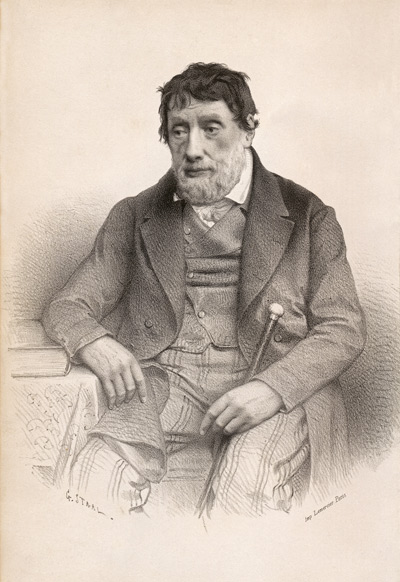
Where others are concerned, becoming part of the UNESCO world heritage contains a ‘museum’ aspect. Watchmaking is not a heritage, they tell us, but an expertise, an art, which in addition is constantly evolving. Some even specify that this is what differentiates it from the désalpe! Recognise its importance in contemporary Switzerland, yes, but turn it into a heritage – definitely not! Watchmaking should, on the contrary, be part of the hall of fame of arts and crafts, not on the list of sleeping heritages. Watch this space in March 2015, as there are sure to be plenty of lively discussions in the corridors of Baselworld.
